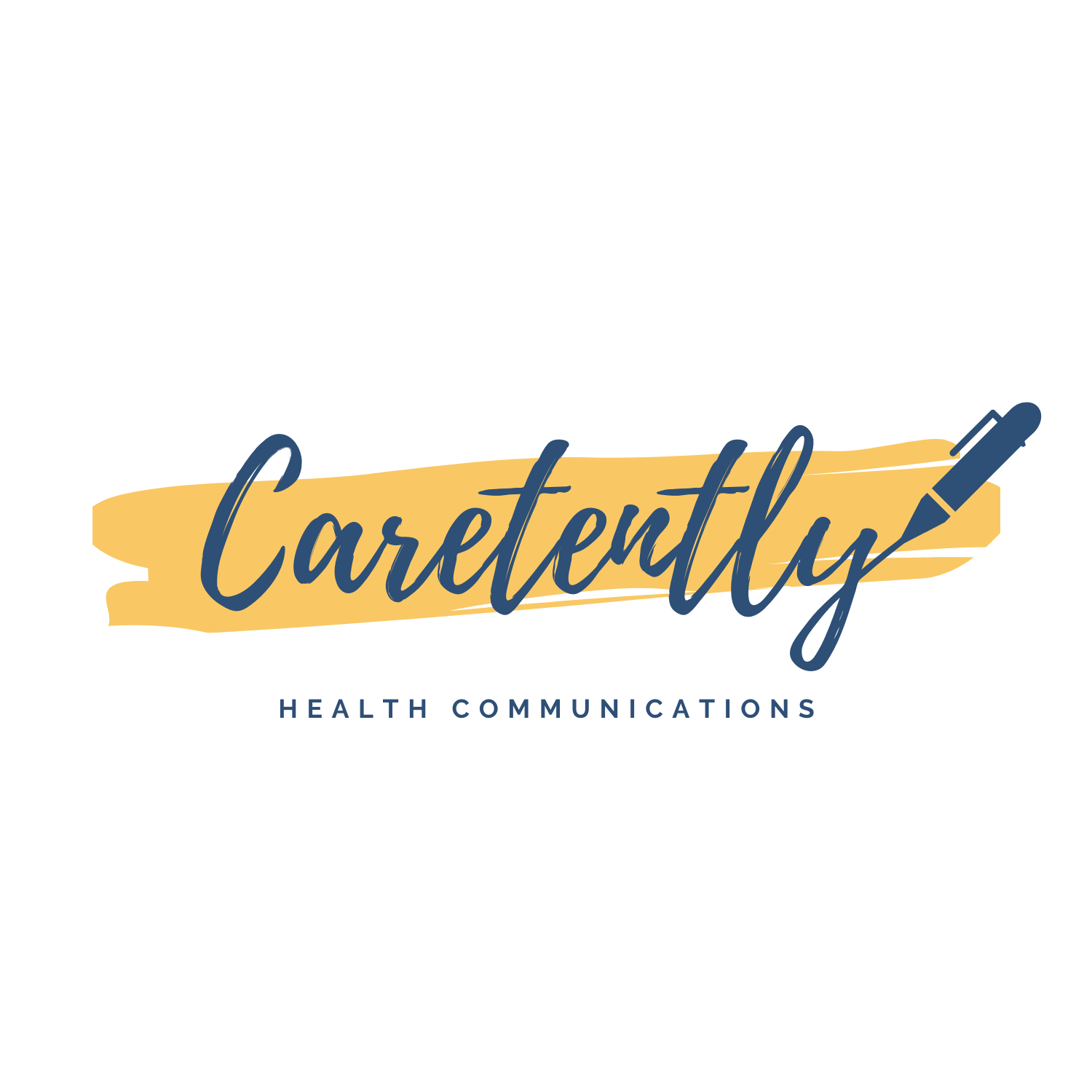Are you a patient organization wanting to communicate information about your rare disease in order to raise awareness? Or maybe you are a student wanting to research a particular rare disease? Or you just want to learn about a rare disease that a friend or family member has recently been diagnosed with? Whatever the reason, what you want is reliable, high-quality rare disease information that you can trust.
Depending on the rare disease in question, this may not always be an easy feat, but here are the five places I go first to search for reliable, scientifically-sound rare disease information in order to write articles or create content (for my #RareABCs posts, for example) that is adapted to the patient community or the general public.
1) Orphanet
Orphanet is THE portal for information on rare diseases and orphan drugs. It is a treasure chest of data and one of the best places to find information on a rare disease.
First, search the disease name in the search bar to reach the disease page. Here there may be a definition or full abstract that has been validated by a medical expert in this disease (with the date of the last update). If there is no definition yet, don’t despair, there are still the “detailed information” and “additional information” sections at the bottom of the disease page where you can find links to publications curated by Orphanet. You will also find lots of data associated with the disease such as the genes involved, the classification of the disease, the OMIM page (if a genetic disease), the patient organizations linked with this disease etc. The website is translated into 8 other languages, in addition to English, so you might even be lucky and find information in your local language.

2) PubMed
You are probably all aware of PubMed but this is the search engine I use when I want to find the latest scientific publications. The academic articles may not be easy to understand if you have no scientific background, but you can often get some key information from the abstract and discussion sections. I would also stick to review articles, if you have a choice, as they give a complete overview of the disease. Nature Reviews Disease Primers and GeneReviews are two of my favourites. If you find an interesting article but it is not open-access (i.e. not freely accessible) you can try looking for it on Google Scholar or contacting the corresponding author.
https://pubmed.ncbi.nlm.nih.gov/

3) European Reference Networks for Rare Diseases (and national networks for rare diseases)
The European Reference Networks (ERNs) are virtual networks of healthcare providers (HCPs) that have been carefully selected based on their expertise in the management and care of rare diseases. They aim to share knowledge and medical expertise in order to let knowledge travel throughout Europe instead of the patient. To reach this goal they produce many valuable resources such as guidelines, recommendations and informational videos on the rare diseases they cover, in close collaboration with the patient advocates of the European Patient Advocacy Groups (ePAGs). You can find the list of the 24 ERNs and more information about them on the European Commission’s website here. First you will need to see if your rare disease is covered by one of the 24 ERNs. This can be done by searching an ERN’s website, on Orphanet or by contacting an ERN directly.
Once you know which ERN your disease is covered by, you can see if they have any resources published on their website about your rare disease. Some ERNs have made the effort to translate their outputs into various European languages too.
On a national level, you may have rare disease plan and national rare disease networks in place and if you do this is a great place to look for information on the rare disease of interest in your local language. In France, for example, there are the French Rare Disease Networks (Filières de Santé Maladies Rares), which are excellent resources for rare disease information in French.
4) Patient organizations
Patient organizations are of course one of the best places for newly diagnosed patients to contact in order to receive rare disease information and support. Patient organizations usually collaborate with an expert center or have a medical advisory board that scientifically validates the information they publish on their website. If they are a national patient organization they will be able to offer information and guide you in your local language (and usually in layman’s terms). If they are an international organization the information will probably be in English but they should be able to help you find links to expert centers in your country, if they exist. They may even be part of an ePAG (mentioned above) so they will be able to keep you up to date of all the latest news from the ERNs.
If you have trouble finding a patient organization with a simple Google search, you can take a look at the patient organizations linked to a rare disease in Orphanet (by searching under “patient organisation“) or see if there is a patient organization listed on the Eurordis member page.
5) Scientific societies
Scientific societies are academic organizations that encourage the networking of professionals in a certain discipline and that equally produce valuable documents and resources. They may host meetings in order for the latest research of their members to be shared or for important publications such as guidelines to be produced. They often have websites that can be consulted and where you can find their published documents or they may offer webinars that you can connect to. Depending on the rare disease of interest, there may be a scientific society dedicated to this group of diseases where you can find rare disease information.
Of course there are many other places where you can find rare disease information, but these are where I check first (keep in mind that I am based in Europe). If you have trouble finding rare disease information for your rare disease, don’t hesitate to send me a quick message here. I’d be more than happy to help!



